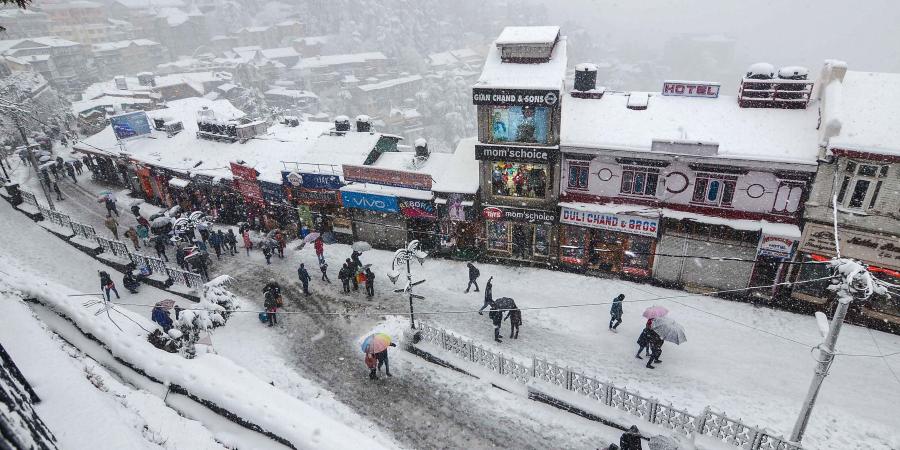
COVID 2.0 season: Hotels head to small towns, step into healthcare space
As occupancy levels plunge, hotels look at new ways to stay afloat, such as moving to smaller, remote towns and stepping into the healthcare space

Last month, Mahindra Holidays said it would suspend its operations in Finland. Earlier this month, Hyatt Regency said it would shut down its Mumbai property. Obviously, the second wave of COVID has hugely dented the prospects of the hospitality industry. Just as they started recovering from the first wave of the pandemic, and occupancy levels began to pick up, hotels and resorts have been forced to deal with a deadlier second wave.
Real estate consultancy JLL (Jones Lang LaSalle) said in a report that hotel occupancy levels in the country fell 17% in April 2021 from the previous month, even as room rates dropped 9%. While the second wave of COVID appears to have flattened now, there is sustained anxiety over an impending third wave, which is leaving people wary of making elaborate travel plans.
Also read: Travelling abroad? You may need a COVID vaccine passport
JLL, in its Hotel Momentum India (HMI) report, said that in the January-March 2021 quarter, India’s hospitality sector saw a 38.7% decline in revenue per available room (RevPAR), compared to the same period in the previous year (just before the pandemic set in). The RevPAR in the top six cities in the country plunged 48% over the same period, it added.
Healthcare pivot
Yet, the hospitality sector is striking back, finding innovative ways to stay afloat in the tough times. The most often chosen path today is to repurpose. Hotels are increasingly offering healthcare services, particularly to COVID patients who need just basic care and quarantining, but are unable to find this at home due to various reasons.
Recently, hospitality group ITC converted its Welcome Hotel properties in select cities such as Delhi, Bengaluru, Chennai and Coimbatore into quarantine facilities. It tied up with hospitals to offer hygienic and safe facilities for mild and asymptomatic patients. Various other hospitality groups such as Lemon Tree Hotels have also opted to team up with hospitals to offer quarantining facilities.
Some other hotels sought to jump on the vaccination bandwagon with ‘attractive’ packages. For about ₹3,000, guests could spend a night in a luxury hotel room, get free breakfast and take the COVID jab, too. Before this could catch on, though, the government put its foot down and told hotels to keep off the vaccination drive.
Small town wonders
With business travel at nadir and big cities being COVID hotspots, the hospitality sector is shifting its focus to tier 2 and 3 cities, as well as offbeat destinations. Hill stations and remote locations are grabbing attention, said an Indian Express report. For instance, the ITC group’s Welcomhotel has just launched a property in Chail, Himachal Pradesh, it said.
In most states, smaller towns have had fewer lockdown curbs since the COVID onslaught. Also, once unlock is introduced, these towns are among the first to see an easing of movement norms. For lockdown-fatigued city folks, this is hugely attractive.
Hill stations and beach resorts, always a tourist draw, have gained greater prominence since the second wave. The open spaces that promise lower infection transmission are a definite plus. Following the recent unlock, Delhi residents rushed to the hills in droves, as was evidenced by photographs of jammed highways from the capital to Uttarakhand, Himachal Pradesh, etc.
“The hills and beaches are normally the quickest to recover, and this time again we are seeing a lot of interest being generated for these hotels,” the Indian Express report quoted Anil Chadha, COO, ITC Hotels, as saying.
Whether the new revenue routes chosen by hotels and resorts will be just a temporary measure, or come to gain permanence will hinge largely on how the pandemic pans out.

